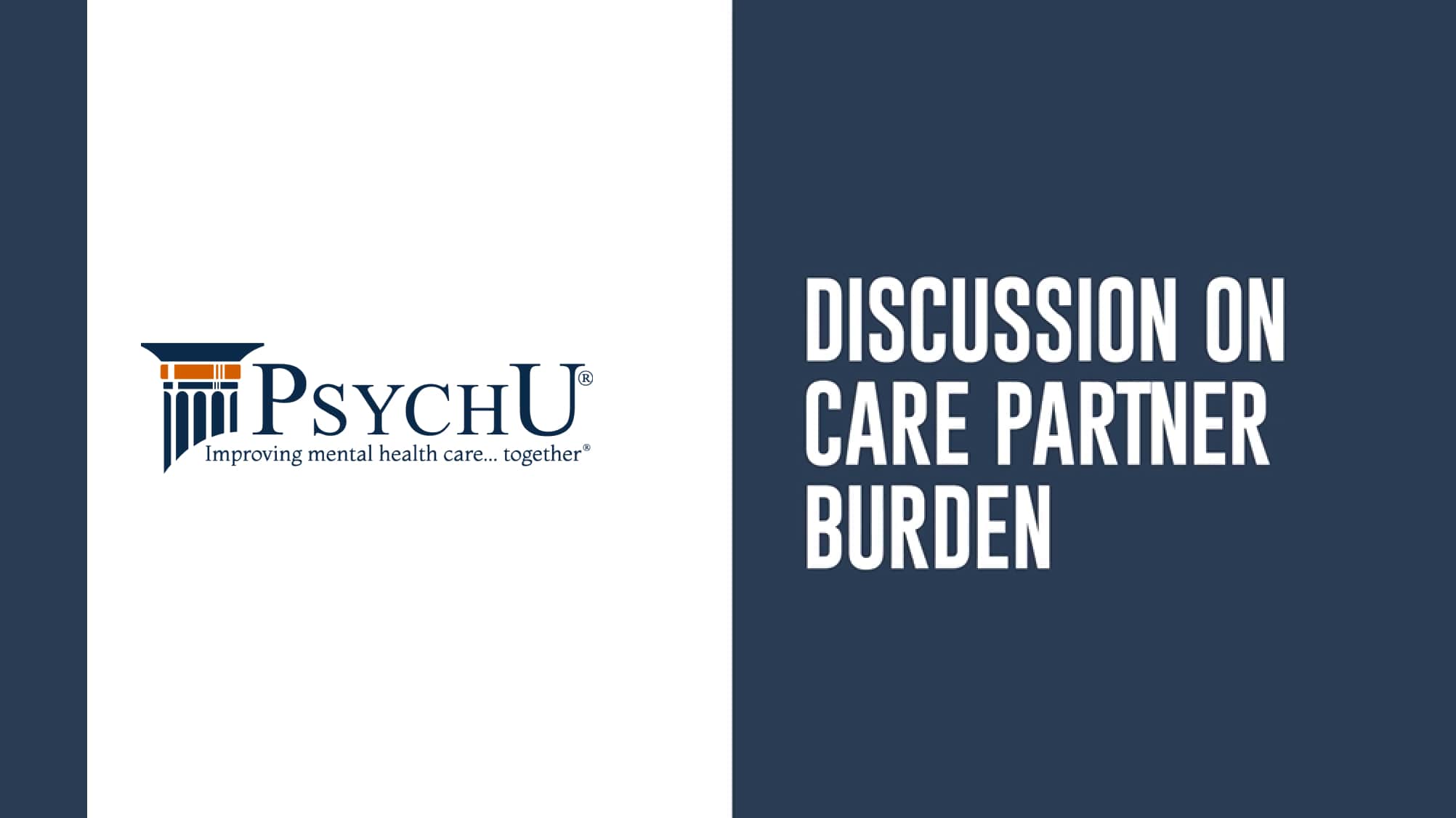The Journey of the AASC®
From Concept to a Pragmatic and Easy-to-Use Tool
Development of the AASC® Screener
The AASC® was developed and qualitatively evaluated in a five-step process with the goal of creating a pragmatic and easy-to-use tool that operationalizes the standard definition of agitation in cognitive disorders and uses caregiver-friendly language for the recognition of agitation behaviors.1

Phase 1 (Qualitative Validation)1
Review of literature and existing measures (CMAI, NPI, and IPA)*
Development of instrument
guided by the IPA definition
First round assessment by caregivers via cognitive debriefing interview**
Assessment and refinement of instrument through expert discussion
Second round assessment by caregivers via cognitive debriefing interview**
*Rating scales that measure agitation include the Cohen-Mansfield Agitation Inventory [CMAI] and Neuropsychiatric Inventory [NPI].
**Qualitative interviews were conducted with experienced family caregivers of individuals with agitation in Alzheimer's dementia. Findings from two rounds of cognitive debriefing interviews informed the refinement and modification of items which were then analyzed and reported by the experts. These revisions were incorporated into the final provisional version of the screener.
Overall, caregivers described the AASC® as comprehensive, valuable, relevant, and easily understood. They perceived the AASC® as easy to complete and share with an HCP, without requiring patient involvement.1
Phase 2 (Quantitative Validation)2
The AASC® is currently undergoing rigorous quantitative validation. The study protocol abstract was accepted and presented at the Alzheimer's Association International Conference (AAIC).
[Quantitative Abstract Coming Soon]
The AASC® Development Team1
The AASC® was designed to improve recognition and management of agitated behaviors in individuals with Alzheimer’s dementia.
Alzheimer’s Clinical Experts and Patient Representative:
- Carolyn Clevenger, DNP, RN, Emory University, Atlanta, GA
- Jeffrey Cummings, MD, ScD, Chambers-Grundy Center for Transformative Neuroscience, Department of Brain Health, Las Vegas, NVh
- George Grossberg, MD, Saint Louis University, Saint Louis, MO
- Clay Jackson, MD, DipTh, University of Tennessee College of Medicine, Memphis, TN
- Jared Stroud, MD, PharmD, Geriatrician, OhioHealth, Columbus, OH
- Sue Peschin, President and CEO, Alliance for Aging Research, Washington, DC
Acknowledgement: RTI Health Solutions provided developmental support.
Conversations Matter: Discussing the Impact of Care Partner Burden
"The caregiver is the linchpin because without their role, even the best treatment plan is not going to be carried out in a successful way." - Marc E. Agronin, MD

Explore how caregiver stress affects the management of agitation associated with Alzheimer's dementia. Listen to Dr Marc Agronin and Carrie Shaw, a caregiver, share how important it is to talk about these struggles with a HCP.
Discover the AASC®
Reference(s)
1. Clevenger C, et al. One Minute to Recognition: The Agitation in Alzheimer’s Screener for Caregivers (AASC®). The Gerontological Society of America Annual Scientific Meeting; November 8-12, 2023; Tampa, FL. 2. Clevenger C, et al. Study protocol: quantitative evaluation of The Agitation in Alzheimer’s Screener for Caregivers (AASC®), a novel tool for improving recognition of agitation in Alzheimer’s dementia. Alzheimer’s Association International Conference (AAIC): July 28-August 1, 2024: Philadelphia, PA.
